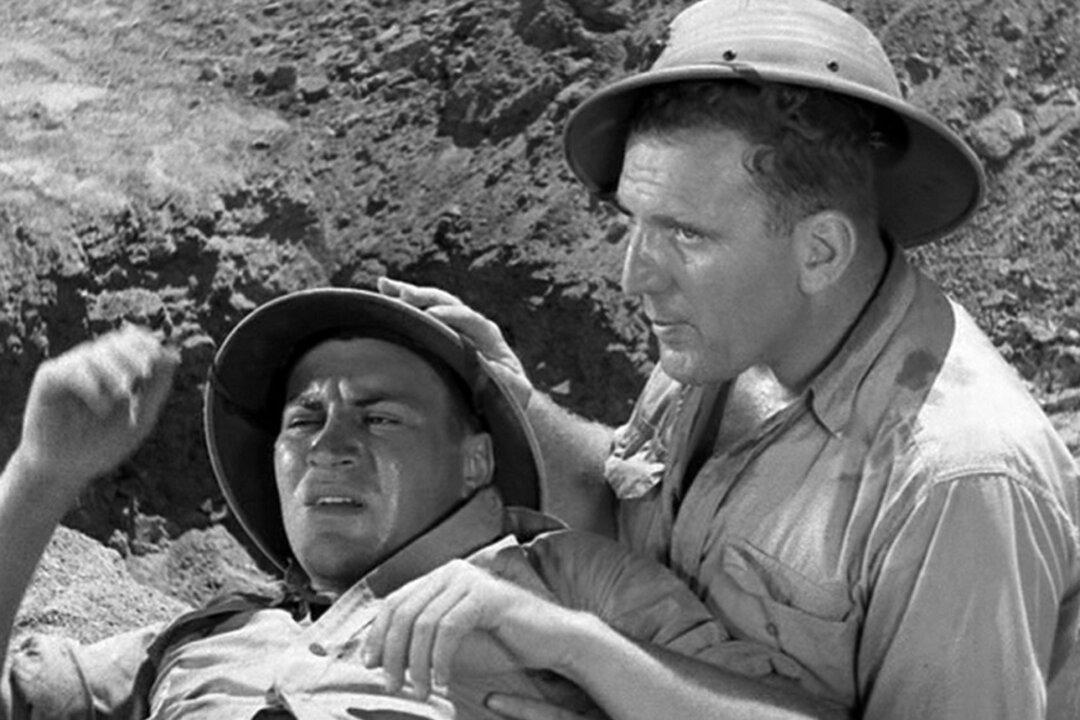NR | 1h 28m | Action, Drama, War | 1942
When it comes to war films with subject matter as grim as that in the Battle of Wake Island, few films have begun in such a comedic way as the simply titled war drama, “Wake Island.” It was produced in 1942, so soon after the initial Japanese attack on Wake (on Dec. 8, 1941), that it had to be shot in the United States. The island was occupied by the Japanese until they surrendered it years later at the end of World War II.






